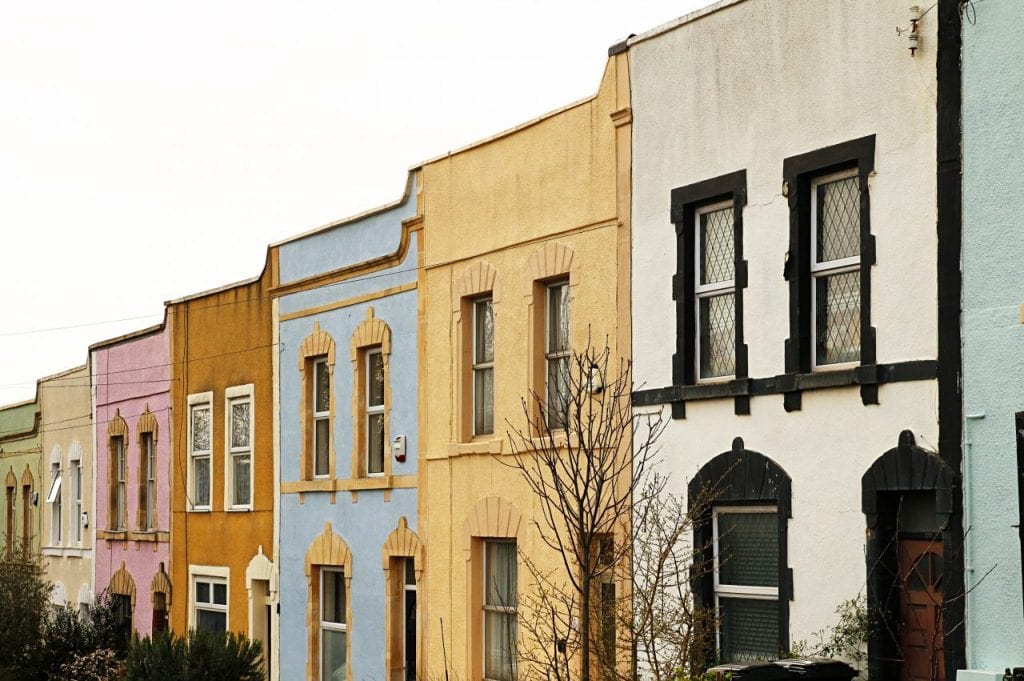Homeless policy in Bristol must prioritise mental health support, according to a report from the Mental Health and Housing Working Group, a partnership of the Bristol Independent Mental Health Network (BIMHN) and homelessness agencies, supported by leading mental health charity Second Step.
The report, released to mark Bristol Housing Action Week and Mental Health Awareness Week on 13 May 2019, recognises that 80% of people who are homeless report having a mental health problem.* The report makes five key recommendations that Bristol city leaders must:
- Ensure a joined up citywide approach to the homeless problem involving expert organisations and people with lived experience
- Protect mental health support services to help reduce risk of homelessness
- Ensure Housing First is an option for people with more complex needs
- Increase expertise in dealing with the dual diagnosis of mental health and drug and/or alcohol problems
- Educate landlords about mental health risks and housing options for people with mental health problems so they can intervene early.
Second Step Chief Executive Aileen Edwards said:
“Experience has taught us that expert mental health support has to play a key part in the solution, otherwise we will not solve the homelessness problem.”
Tom Renhard, Chief Executive of IMHN said:
“The report’s recommendations are authentic and rooted in the views and lived experience of people who use mental health services, which is why city leaders need to hear what we are saying and implement changes”.
Notes to Editors
- Second Step is a Bristol-based mental health charity providing support, housing and hope to people in the city and across the west of England. Second Step has 30 years of expertise of working with people with mental health problems to make the most of their lives.
- Bristol Independent Mental Health Network (BIMHN) represents a diverse community of past, current and future users of Bristol’s mental health services, as well as those with lived experiences of mental health.
- *Statistic from Homeless Link report (2014).
- Statistics from the Mental Health Foundation show that poor housing adversely affects our mental health. Compared with the general population, people with mental health conditions are:
- one and a half times more likely to live in rented housing
- more likely to experience instability with regards to tenancy agreements
- twice as likely as those without mental health problems to be unhappy with their housing
- four times as likely to say that it makes their health worse

